
“Just as the great oceans have but one taste, the taste of salt, so too there is but one taste fundamental to all true teachings of the way, and this is the taste of freedom.”
-The Buddha
Daily Zen: Explore, Reflect, Awaken
Welcome to Daily Zen, your space for insight, reflection, and transformation. Here, we share wisdom and teachings to help you navigate the challenges of everyday life with clarity, compassion, and presence.
Each day offers an opportunity to pause, connect, and awaken to the true nature of your life. Through thoughtful blog posts, engaging videos, inspiring podcasts, and opportunities to connect in person, you’ll find resources to support your journey on the Zen path.
Ready for more?
Watch our talks on YouTube, where Sensei Michael explores the depth of Zen practice and its relevance to modern life.
Listen to our podcast, Awakening Streams, available on all major platforms, and carry Zen insights with you wherever you go.
Take a class to deepen your understanding and experience of Zen practice.
Join us for a retreat, where you can immerse yourself in stillness and self-discovery.
Become a Zen Student, embarking on a transformative journey of practice and guidance.
Whether you’re just beginning or well along the path, let’s explore the way of Zen together.
You can think your way all the way to the edge — but you can’t think your way into intimacy with this moment.
You’re holding more than you think.
And it’s costing you.
What changes when you stop clinging — even for a breath?
What if nothing was ever missing? In this teishō on Mumonkan Case 9, Daitsu Chishō, Sensei Soen Michael Brunner examines the hidden assumption that practice leads somewhere—and what it means to come home to the non-attained Buddha here and now.
In this teishō on Mumonkan Case 8, Ketshū Makes Carts, Soen Sensei (Michael Brunner) examines how we mistake explanation for intimacy and why Zen practice collapses the distance between experience and understanding. What happens when the “wheels” are removed—and what still functions?
Practice begins by judging the current. By seeing clearly where it’s taking us. When we do that, we can become skillful oarsmen — using those same thoughts and assumptions consciously, steering the raft toward the actual current of lived experience.
You will never accumulate enough or exchange enough to make the created story of yourself feel substantial. But when you drop it—when you stop trying to secure it—you discover something else. As you respond directly to the suffering you encounter around you, your true nature appears. And it appears as compassion.
In this Dharma talk at One River Zen, Anzan Eric Mehon reflects on the opening verses of the Dhammapada, exploring how the mind shapes our experience of suffering and joy. Through everyday moments — from the frustrations of daily life to the challenges of meditation itself — he reveals the simple yet demanding practice of returning again and again to breath, intention, and presence.
See all the happenings and plan your week at One River Zen. Be sure to join us for meditation…
In this morning teishō, Sensei Michael Brunner explores Gen’yō’s One Thing (Shōyōroku, Case 57), a classic Zen kōan that examines how our attempts to clarify, correct, and refine—especially our habit of judging others—often trap us more deeply in conceptual division. What we think will free us instead becomes the very burden we carry.
Where blame ends, responsibility begins.
A new Daily Zen reflection on stepping back onto your Dharma throne and doing the work that’s actually here.
In this morning’s Daily Zen, Sensei Michael Brunner reflects on how the story of the self creates a constant sense of scarcity — even around time itself. When we stop trying to make ourselves substantial and instead give our time freely in service and attention, something surprising happens: time begins to feel boundless.
A quiet invitation to step out of striving and into presence as the week begins.
Does karma move before you choose?
In this week’s Zen teisho, Sensei Michael Brunner brings together neuroscience and the Blue Cliff Record to reveal a hidden gap inside every moment — a place where habit loosens and real freedom can appear.
What if freedom isn’t something you achieve—but what remains when you stop pretending?
In this teaching on Emperor Dōkō’s Cap (Shōyōroku 97), Sensei Michael Brunner explores how Zen cuts through self-seriousness and spiritual performance, revealing the true treasure that’s been present all along.
Come join us for meditation or a retreat as this year comes to a close, and we begin to awaken to the possibilities 2026 will bring!
This morning’s Daily Zen Talk — a reminder that every mask we wear eventually slips. Sit and see what’s underneath…
You've tasted the peace of retreat, but what happens the moment you walk out the door? Sensei Michael Brunner reveals the Garuda Trap: the instant surge of karmic momentum that destroys your clarity. Learn the only way to avoid becoming the blind turtle, crushed under Mount Sumeru. Don't just leave retreat—master your re-entry.
Zen priest Sensei Michael Brunner explores the profound difference between "all over the body" and "throughout the body" compassion, rooted in the ancient Ungan’s Great Compassionate One koan.
Find out how this teaching manifests in the community missions of One River Zen in Ottawa, Illinois. Learn why real practice isn't about being a "perfect Buddhist," but about the instant, unhesitating response of reaching for your pillow in the dark.
When the mind grows still, the mountain appears. In this reflection on Case 19 of the Shōyōroku, Sensei Michael Brunner of One River Zen in Ottawa, IL, explores Ummon’s simple yet profound response—“Mount Sumeru.” What does it mean to meet life’s obstacles not with resistance, but with clarity and wonder?
When every movement of the heart leans toward desire or resistance, how do we know what direction is true?
In this Dharma talk, Sensei Sōen Michael Brunner, Abbot of One River Zen in Ottawa, Illinois, turns to the final case of the Book of Equanimity — Rōya’s Mountains and Rivers — to explore what it means to live from original nature rather than from the push and pull of the egoic self.
Drawing unlikely parallels between Aleister Crowley’s “Do what thou wilt” and John the Baptist’s “He must increase, I must decrease,” Sensei Sōen shows how Zen cuts through both self-assertion and self-erasure to reveal the clear and boundless life that gives rise to mountains, rivers, and this very breath.
During the 2025 Ango at One River Zen, Shuso Genpo Seth Myers opened our four-week Heart Sutra study by returning us to the basics — not as beginners in knowledge, but as beginners in seeing. Rather than analyzing the Sutra as philosophy, this first class turns us back toward direct experience: what remains when the grasping mind falls silent.
In this morning talk, Sensei Michael Brunner of One River Zen in Ottawa, Illinois, takes up Case 17 of the Shōyōroku, where a single “hair’s-breadth” is enough to split Heaven and Earth. What begins as a brief exchange between two Zen masters becomes a mirror for the way we create distance from our own lives — every time we compare, resist, or try to understand rather than meet just this.
Chisō Robb Hasty — a student at One River Zen in Ottawa, Illinois and the current Mayor of Ottawa — reflects on a brief koan in which the Zen master Ikkyū visits the dying monk Ninakawa. What unfolds in just a few lines dismantles one of our most unquestioned convictions: that we come into life alone and leave it alone. With the clarity of a single sentence, Ikkyū reveals a path where there is no coming and no going — a reality already present beneath the stories we tell about ourselves.
As sesshin closed, we turned to Case 6 of the Shōyōroku—Baso’s “White and Black.” What begins as a monk’s search for meaning becomes a living exchange of silence, headache, and not-knowing. Baso’s answer isn’t spoken; it’s embodied. White and black—two gestures of one mind—point to the truth that never stops walking.
In this final talk from sesshin, Sensei Michael Brunner concludes the four-part series on Sekitō Kisen’s Song of the Grass-Roof Hermitage with the closing verse: “Turn around the light to shine within, then just return.” Having built the hut, opened it to vastness, and settled into stillness, the hermit now comes home to what was never apart. This is the return beyond attainment — the simplicity of being lived by the Way itself.
Here, Sekitō Kisen speaks of stability, embodiment, and the luminous ordinariness of awakening. We return to the hut not to escape the world, but to live freely within it. The wind, the rain, the aching knees of zazen — all are part of the same song.
In this second talk from the 2025 Ango Opening Sesshin, Sensei Michael Brunner continues his four-part exploration of Sekitō Kisen’s Song of the Grass Roof Hermitage. What began as a fragile ten-foot hut now opens to include the entire world. The hermit who once sought refuge discovers that his dwelling has no boundaries — and that the “original master” who abides within is unborn, undying, and ever-present.
In this opening talk from the 2025 Ango Sesshin at One River Zen, Sensei Michael Brunner introduces Sekitō Kisen’s timeless poem, The Song of the Grass Roof Hermitage. Speaking from the stillness of sesshin, Sensei explores how Sekitō’s “grass hut” is not a structure but a state of mind — simple, transparent, and free.
At the opening of our Ango practice period, we turned to the koan Hyakujo’s Fox—a story about karma, consequence, and the illusion of escape. We spend much of our lives trying to outwit our circumstances, but awakening isn’t found outside the web of cause and effect—it’s revealed right within it. Each breath, each act, each mistake is already the field of practice.
Your Buddha nature isn’t something you polish into being—it’s already here, already complete. The project of self-perfection collapses. What remains? Just this—quiet presence, unguarded wonder. The heart of Zen.
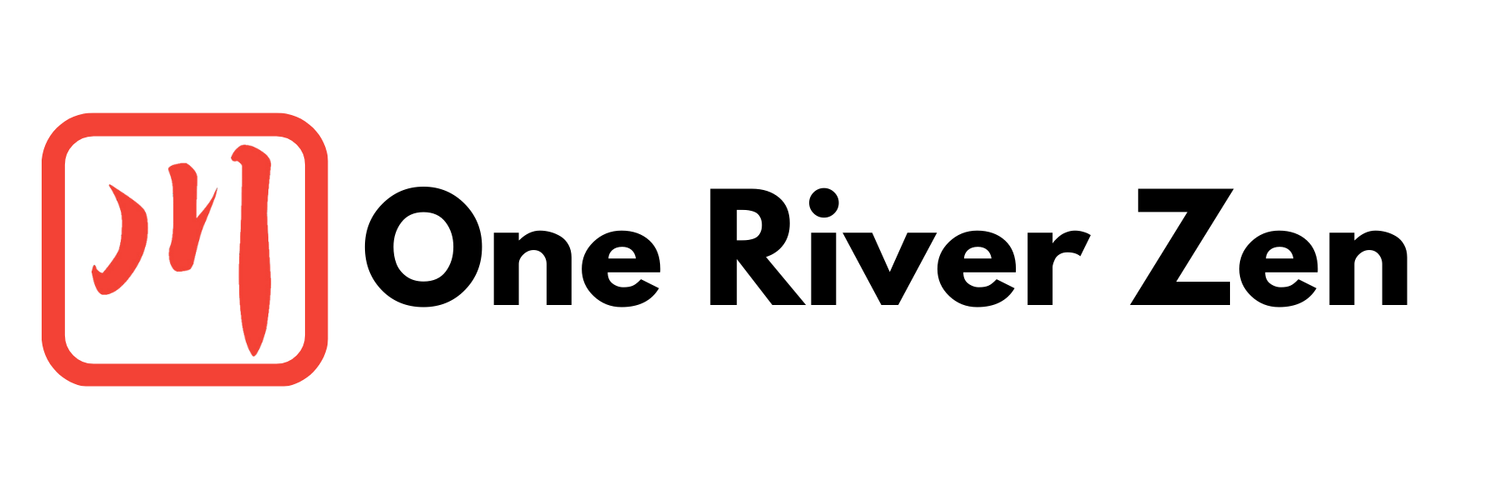


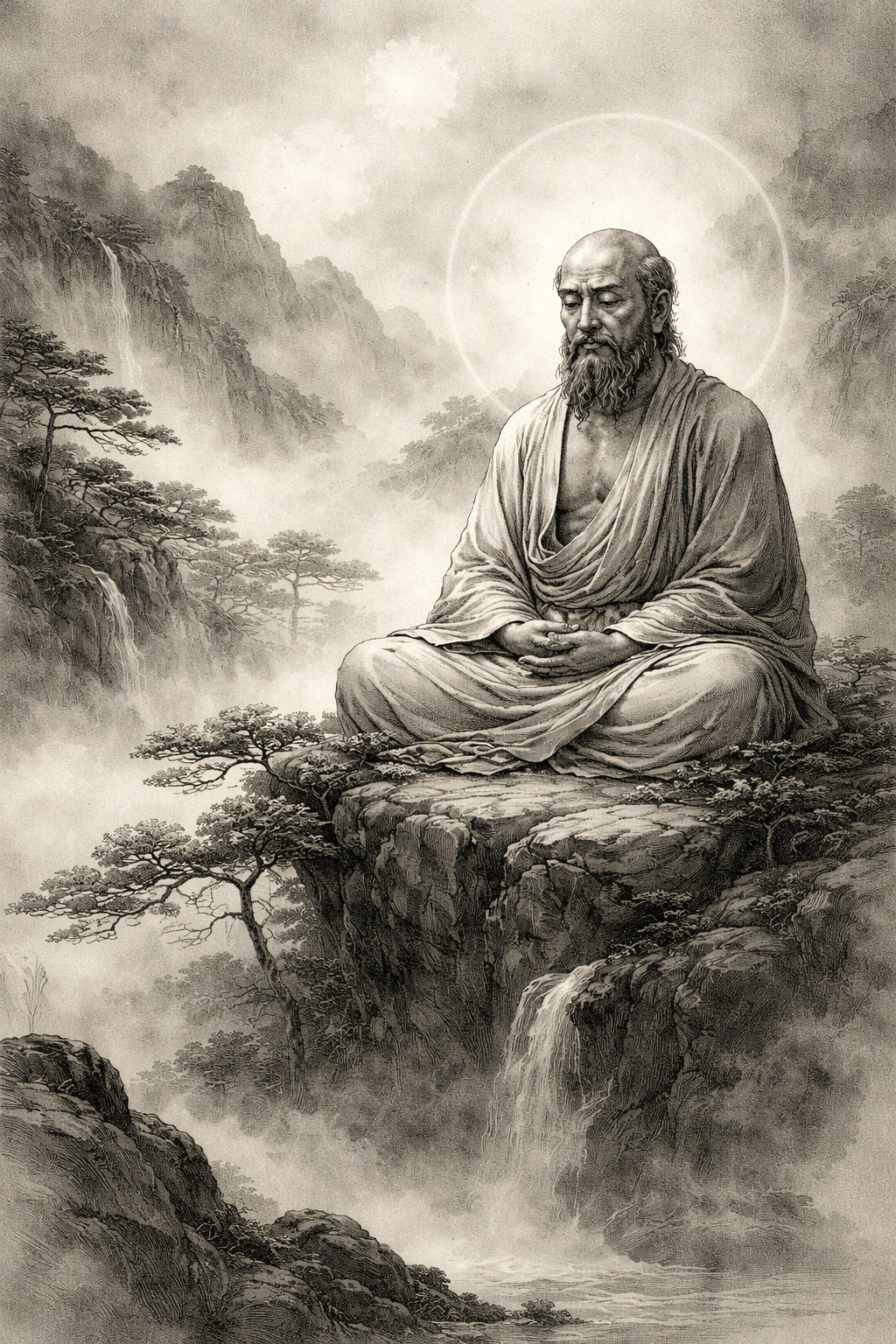
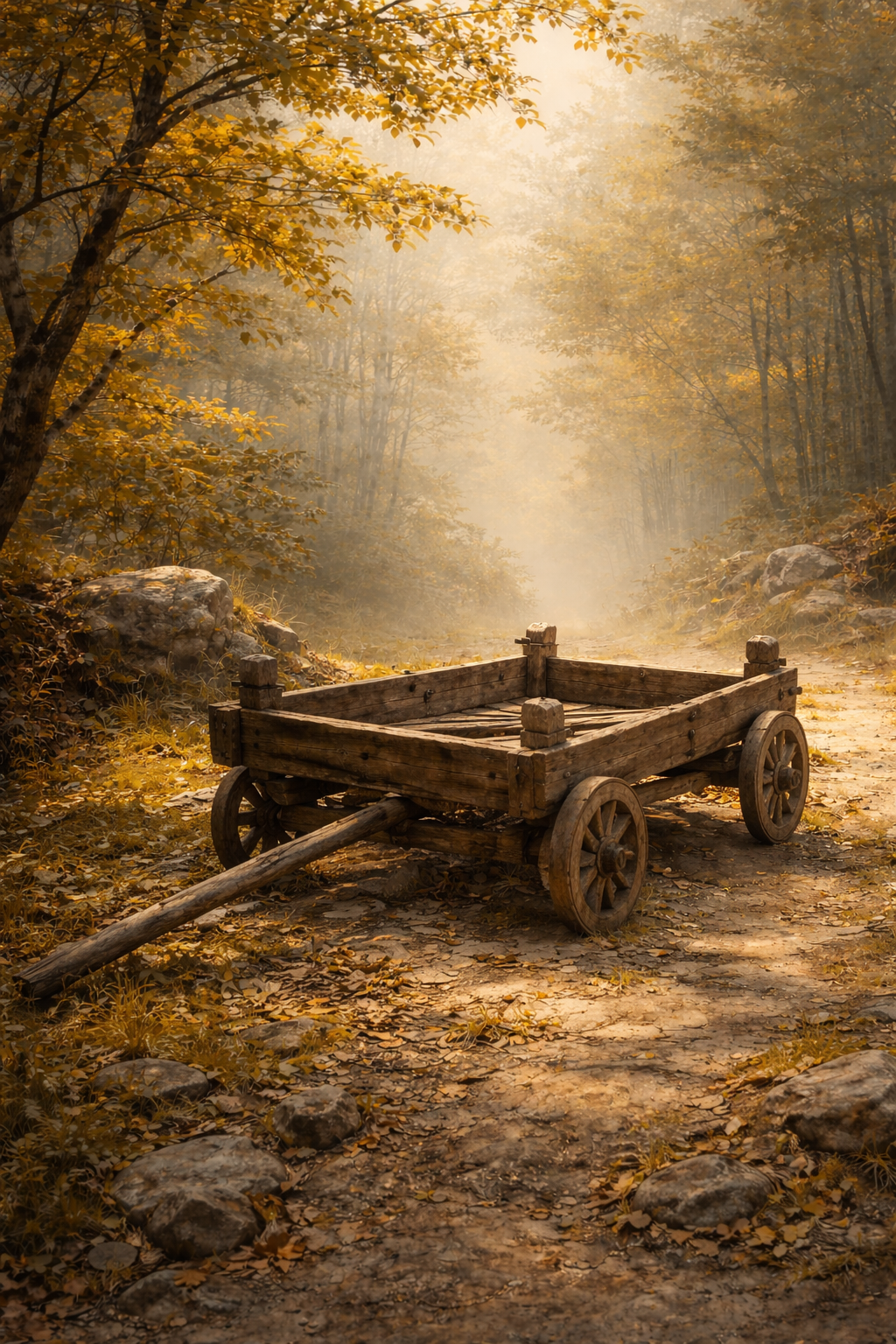
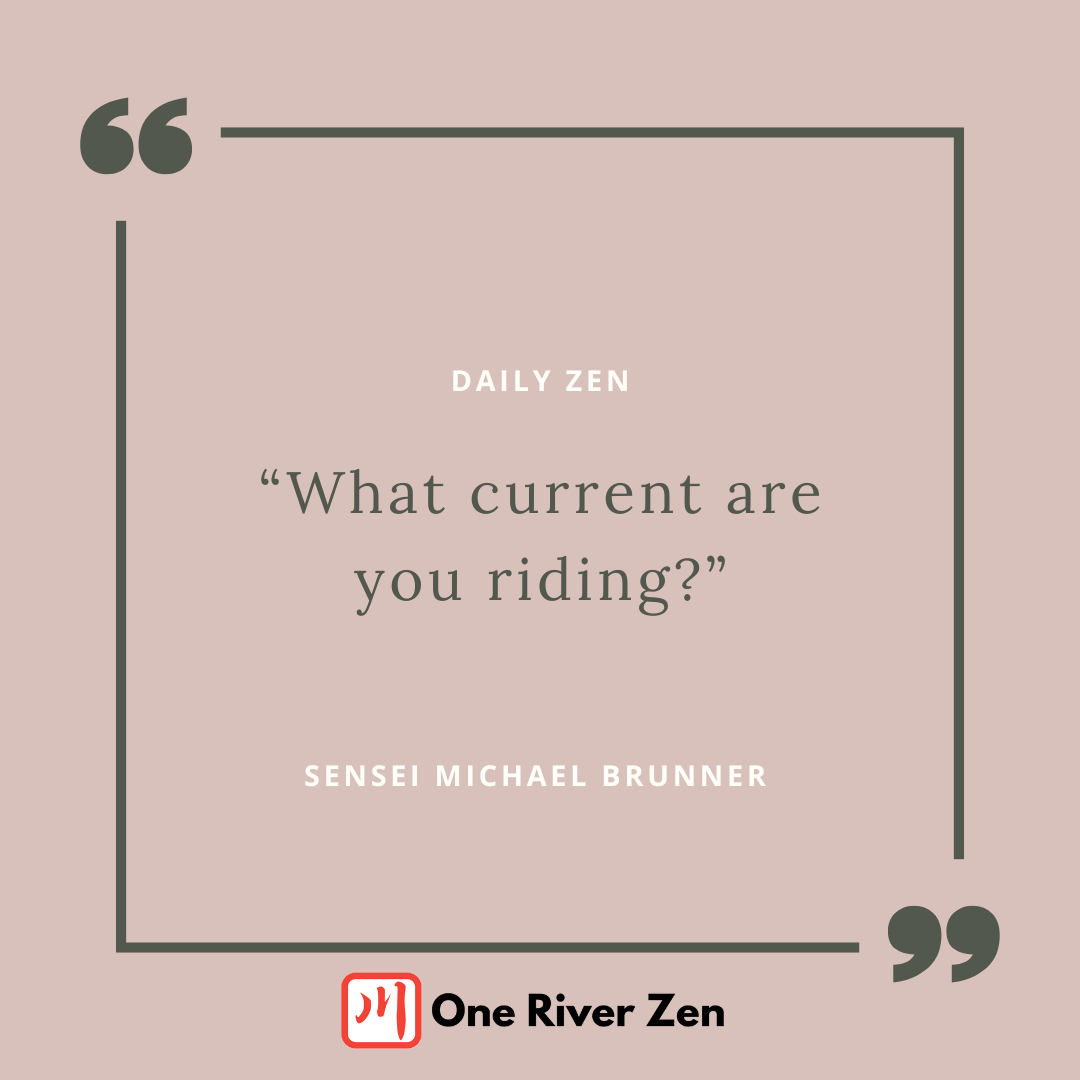
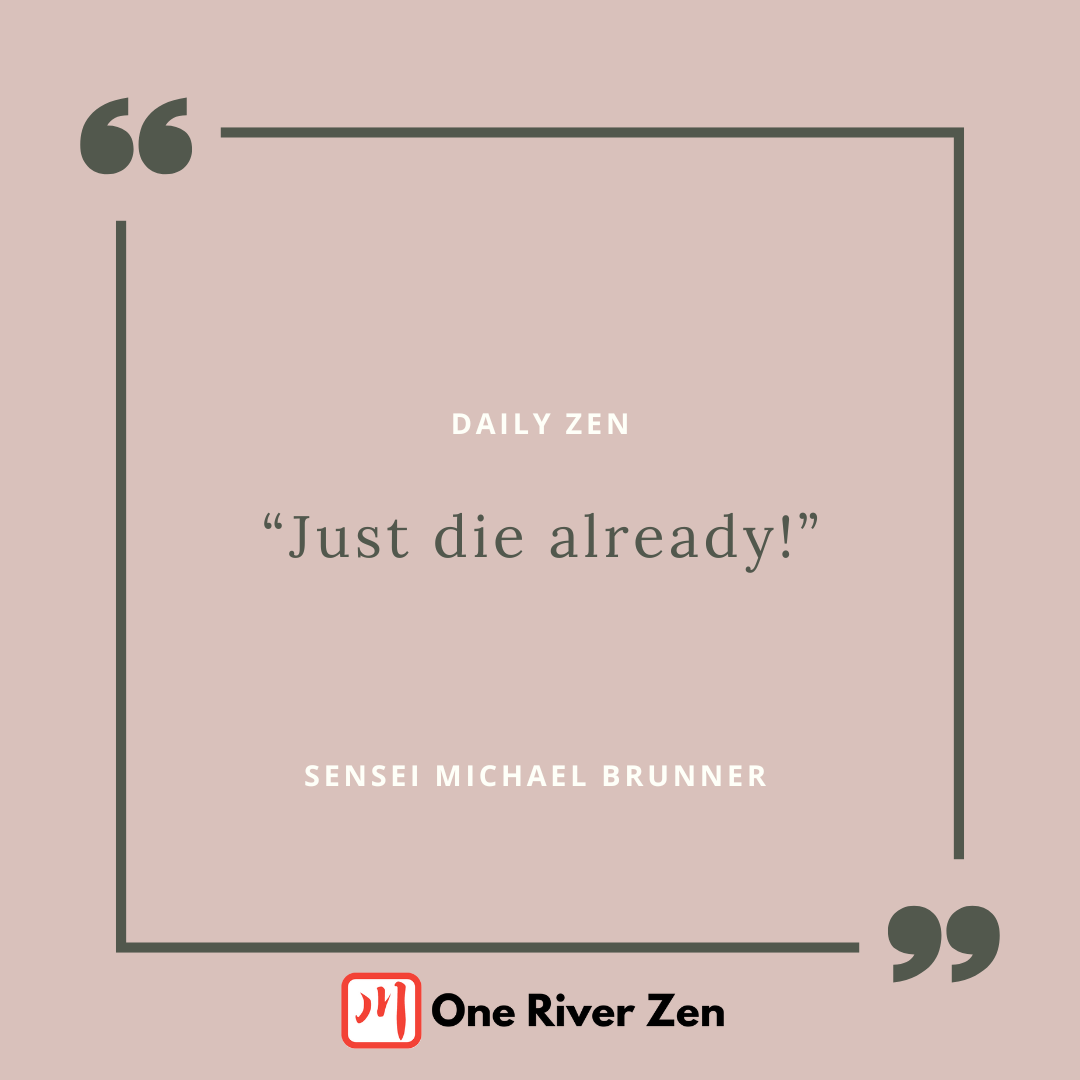
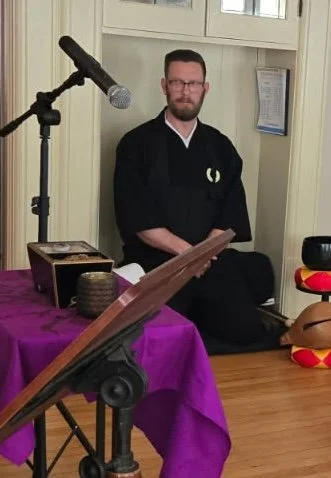
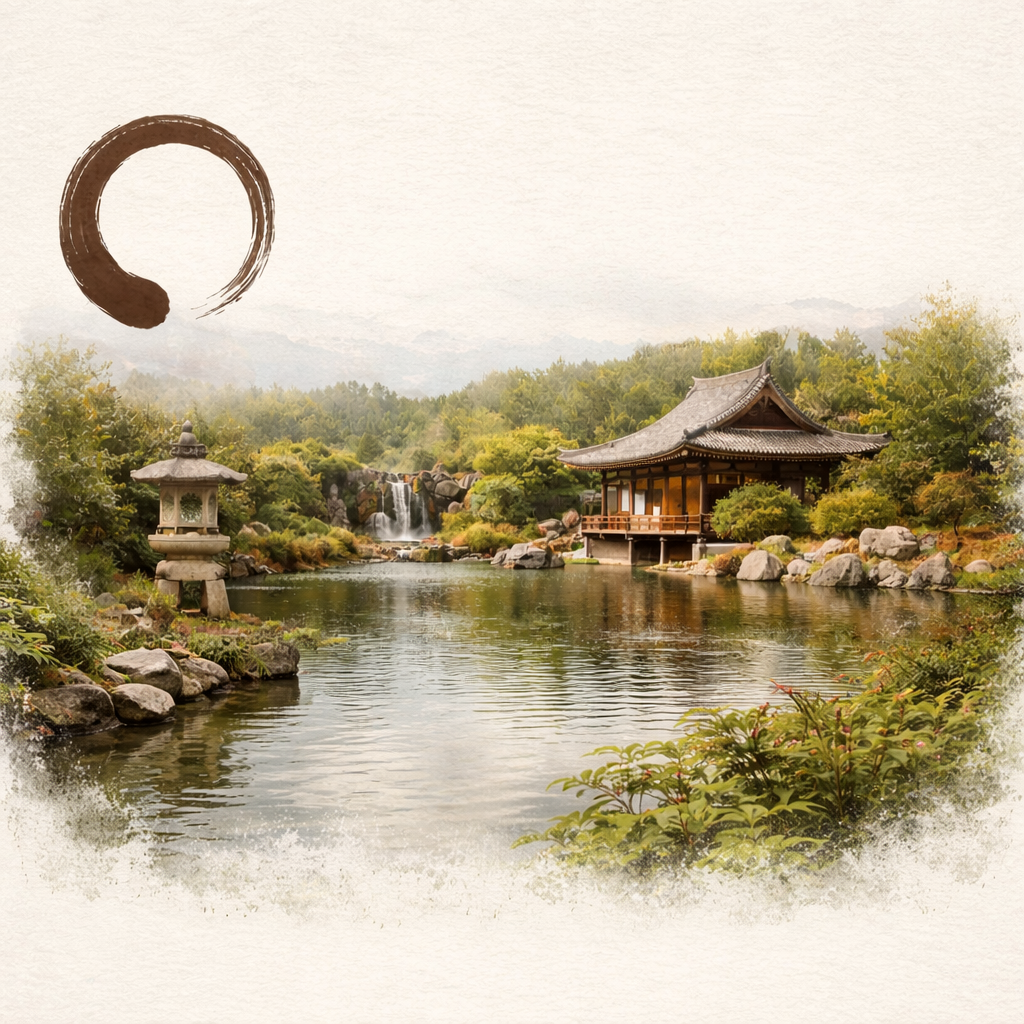
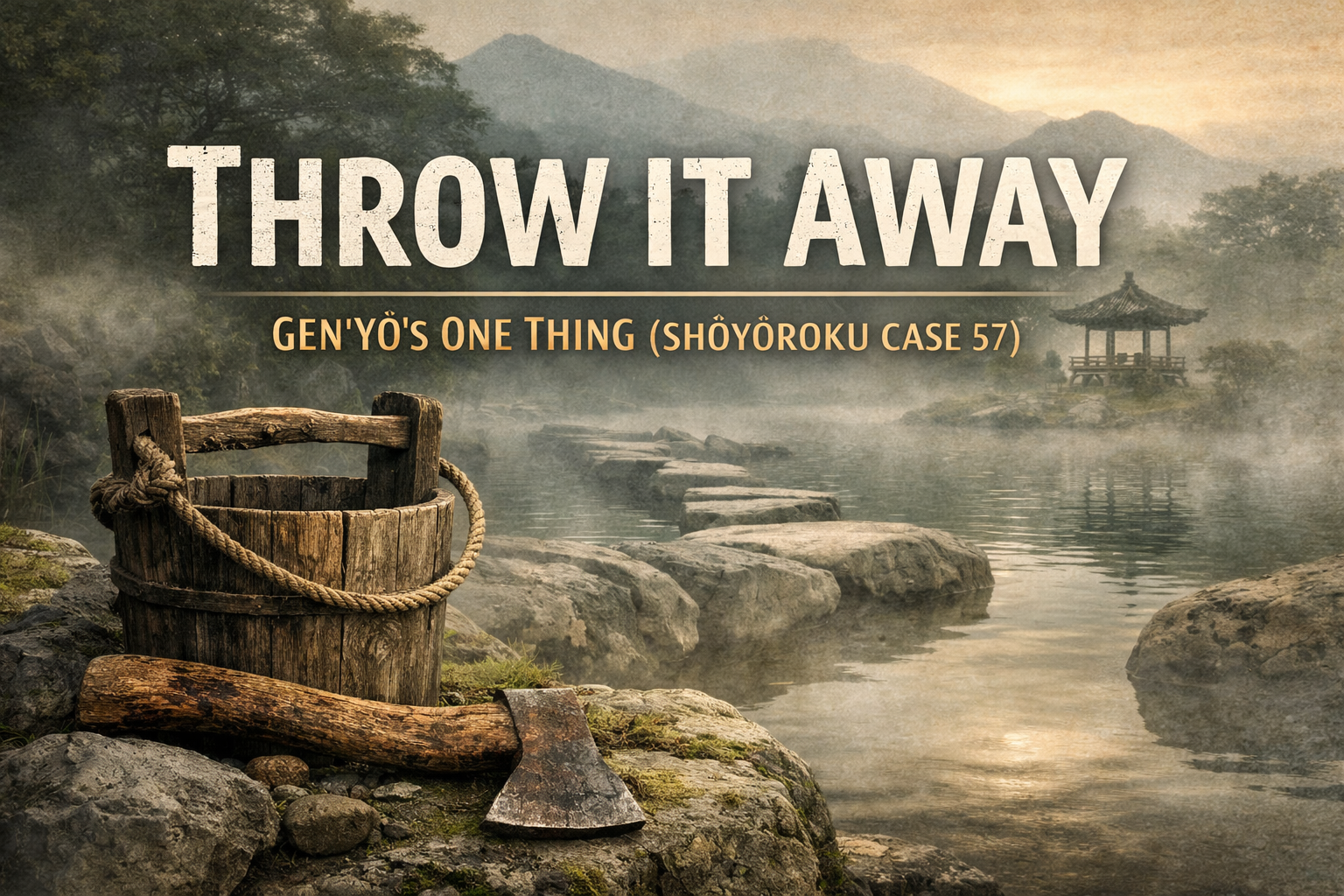
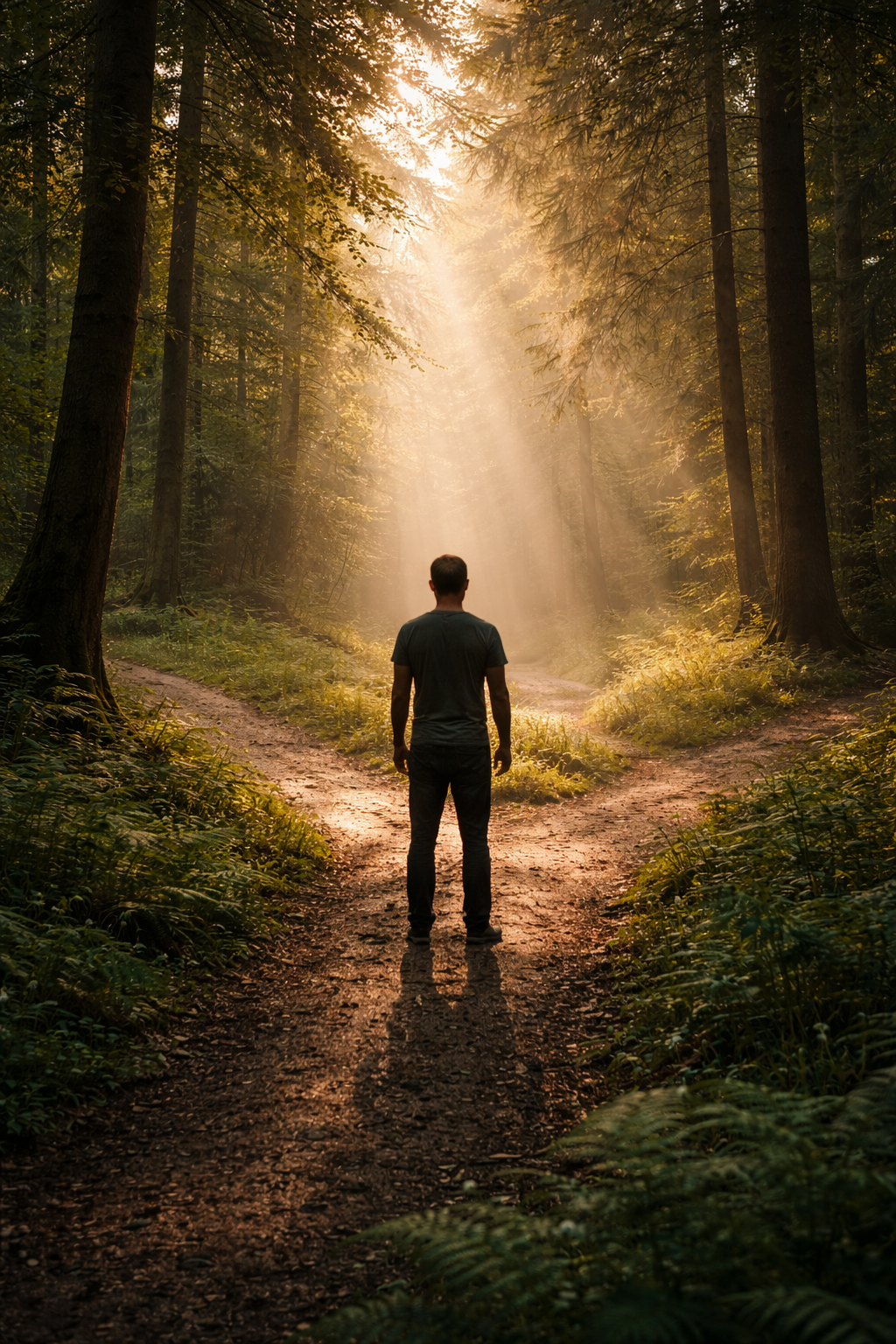

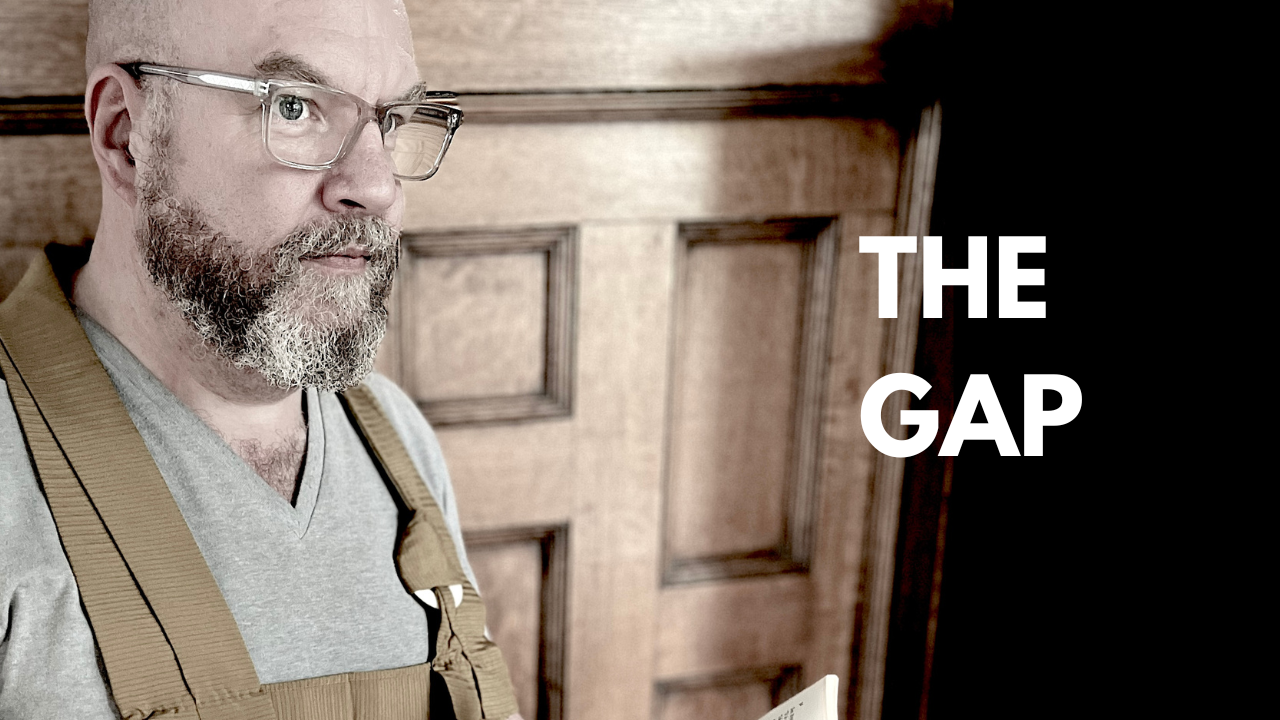
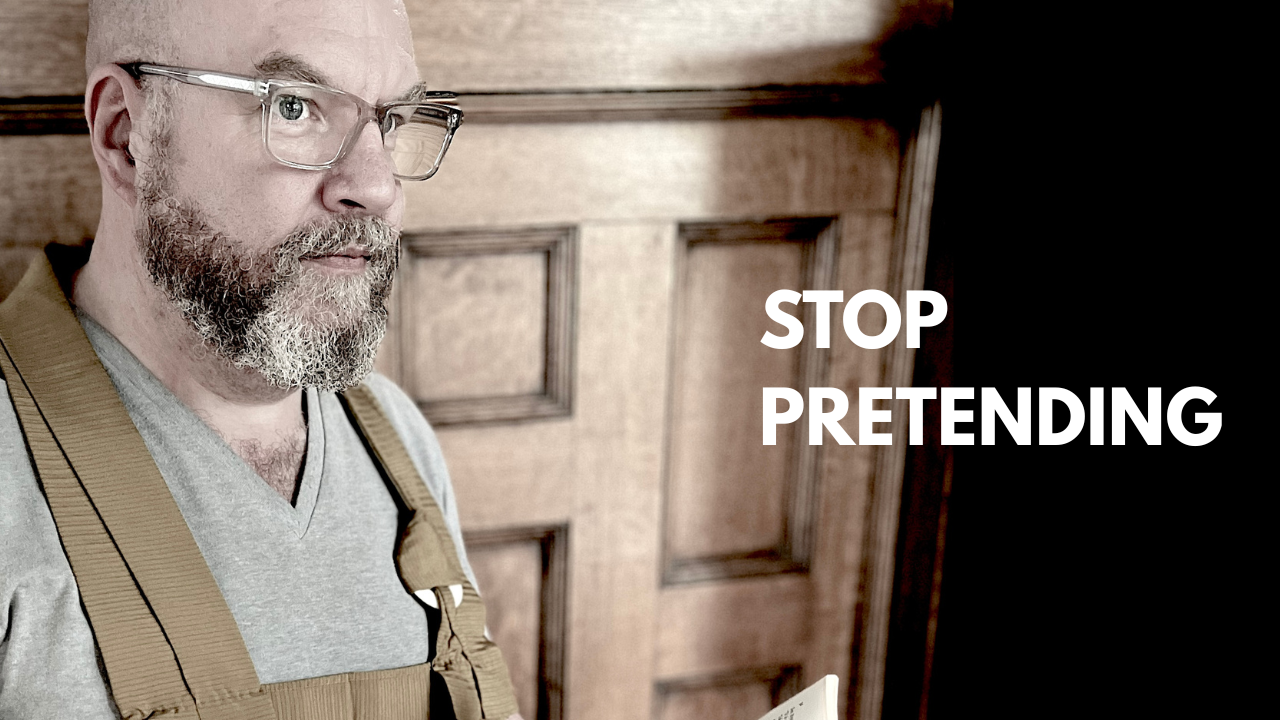








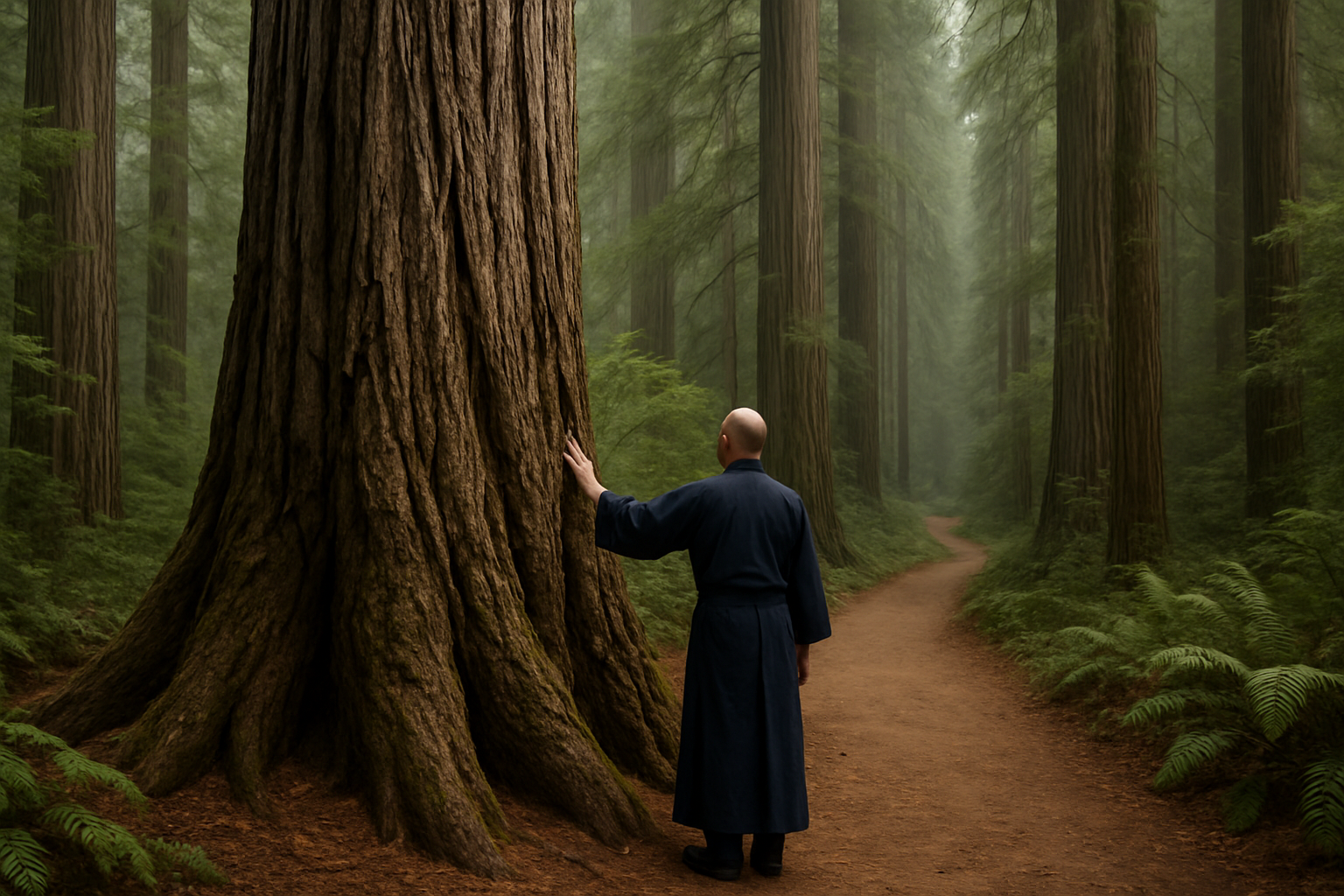







You’ve been asked that question before —
usually as a correction.
But what if it’s the most important question you answer today?